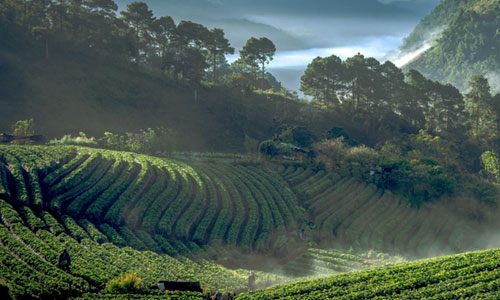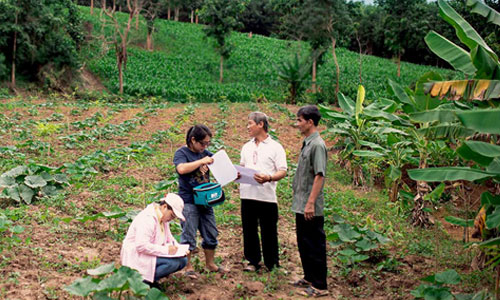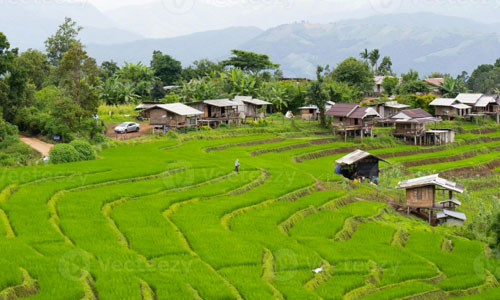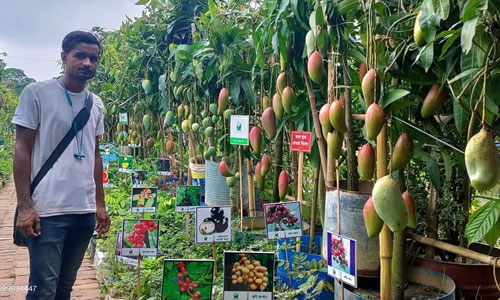This project underscores GG International’s core mission: to bring together international capital, local insight, and policy innovation to address complex development challenges. As food systems face mounting risks and financial inclusion remains elusive for millions, the lessons from rural Thailand continue to shape regional approaches to sustainable finance and agricultural protection.
— Thailand —
resilience. innovation. inclusion.










Seeding Resilience in Rural Thailand: Pioneering Inclusive Insurance Models for Agricultural Communities
“The future of financial inclusion lies in integrating risk protection with access to capital — empowering smallholders to thrive, not just survive.”
— Russell Leith, Director, Insurance Finance & Risk, GG International
Challenge
Thailand’s rural economy is the backbone of national food production, yet millions of smallholder farmers face persistent risks from climate variability, crop failure, and price fluctuations. Traditional financial institutions — constrained by geographic, regulatory, and economic barriers — have long struggled to extend meaningful services to these communities. The result has been a cycle of vulnerability: unprotected livelihoods, limited access to credit, and few mechanisms for recovery after shocks.
In 2013, EWI Re, a U.S.-based reinsurer known for innovative program design, legacy insurance solutions, and support for captives and mutuals, sought to explore ways to enter Southeast Asia with socially-aligned investment strategies. Recognizing the intersection of financial inclusion, rural development, and agricultural insurance, EWI Re commissioned GG International to conduct an in-depth scoping study across rural Thailand.
The engagement called for an expert familiar with risk markets and development finance to assess how reinsurance-backed insurance solutions could be integrated into the emerging Thai microfinance landscape.
GG International appointed Russell Leith, Director of its Insurance, Finance, and Risk Thematic Group, to lead the assignment between October and December 2013.
Strategy
Russell Leith implemented a research-driven, field-oriented approach designed to uncover opportunities for blending capital access with structured insurance for smallholder farmers and rural entrepreneurs. His methodology involved:
- Market Mapping: An analysis of existing microfinance institutions, agricultural cooperatives, informal lending systems, and the penetration of life and crop insurance products. Key findings included:
- High fragmentation in microfinance delivery with inconsistent product quality.
- Minimal insurance literacy among rural populations.
- Limited outreach from conventional insurance providers in remote regions.
- Needs Assessment: Evidence-based surveys and interviews with farmers, local credit providers, and cooperatives to understand real-world risks and their economic impact. This revealed:
- A widespread demand for weather-indexed insurance.
- Interest in bundled financial products, such as loans with embedded insurance.
- A gap in trust and understanding of existing financial instruments.
- Institutional Design Options: Mr. Leith proposed a dual-entity model:
- A microfinance institution (MFI) acting as the retail interface, offering credit and basic financial literacy..
- A specialized insurance organization, potentially structured as a mutual or cooperative insurer, reinsured by EWI Re, to offer tailored agricultural and health insurance products.
This architecture aimed to deliver integrated services that were locally trusted, financially viable, and globally supported.
Transformation
The project provided a strategic blueprint for launching a reinsurance-backed microfinance and insurance initiative in rural Thailand. Key results included:
- Investment Readiness: EWI Re received a clear assessment of market potential, legal considerations, and partnership opportunities to enter Thailand’s rural financial sector responsibly and sustainably.
- Policy Innovation: GG International’s findings contributed to early policy discussions in Thailand around promoting inclusive insurance as part of broader financial sector reform. The concept of hybrid MFI-insurance delivery models sparked interest among regulators and local development agencies.
- Pathway for Impact: The work laid the groundwork for future investment structures blending social impact with commercial insurance principles — highlighting the role that international reinsurers like EWI Re can play in enabling rural resilience through tailored, scalable solutions.